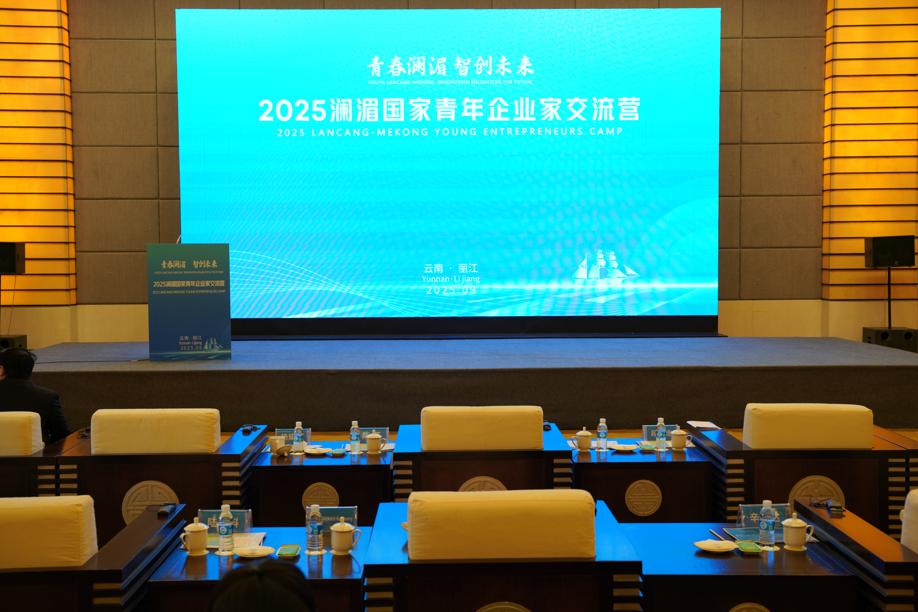Lancang-Mekong young entrepreneurs meet in Yunnan


The importance of the Chinese market and cooperation among Lancang-Mekong countries was highlighted at the 2025 Lancang-Mekong Young Entrepreneurs Camp on Friday and Saturday in Lijiang, Yunnan province.
The young entrepreneur representatives agreed that after 10 years of development, the Lancang-Mekong Cooperation has become an important platform for promoting mutual trust, friendship, and common prosperity.
The Lancang-Mekong region refers to the countries along the Mekong River, known as the Lancang River in China. The Lancang-Mekong Cooperation, or LMC, is a framework established in 2016 between China and five Southeast Asian countries along the river, including Myanmar, Laos, Thailand, Cambodia, and Vietnam.
Oknha Pech Bolen, president of the Young Entrepreneurs Association of Cambodia, said, "I'm confident that with our collective talent, passion, mutual respect, and collaboration, we can build a community with a shared future of peace and prosperity, contributing to the next golden decade of the Lancang-Mekong Cooperation."
Peter Huang, a member of the YEAC, said that China not only offers a vast market for Cambodia but also provides great opportunities through cross-border e-commerce platforms.
During the opening ceremony, the Lancang-Mekong Young Entrepreneurs Project Cooperation Database and Cooperation Workshop were launched.
Kittipong Chanchieovichai, executive member of the Chonburi Chamber of Commerce of Thailand, described the Chinese market as enticing. "When establishing a company, one needs supply chain, technology, and talent," he said, indicating they could all be found in China.
Thi Thi Han, executive member of the Myanmar Young Entrepreneurs Association, said, "The Chinese market is full of opportunities, with its business environment becoming increasingly open, giving us more confidence to deepen cooperation."
Truong Cong Le Hoang, executive member of the Vietnam Young Entrepreneurs Association, echoed a similar sentiment, stating that Vietnam is learning from China's experience in the high-tech sector.




































